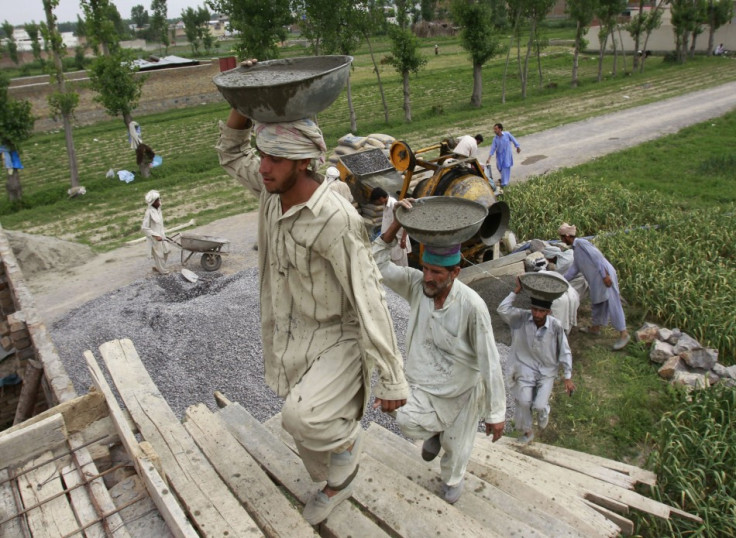Hadrian the robot can put up 150 houses a year

A robot that lays 1,000 bricks an hour and can put up 150 houses a year could revolutionise the building industry, while taking away more jobs.
Developed by an Australian engineer, Hadrian the robot with a 28-foot arm takes a design of the house and decides where all of the bricks need to go, before cutting and laying each of them after applying adhesive or concrete.
"People have been laying bricks for about 6,000 years, and ever since the industrial revolution they have tried to automate the bricklaying process," Mark Pivac, Hadrian's engineer told PerthNow.
"We're at a technological nexus where a few different technologies have got to the level where it's now possible to do it, and that's what we've done."
An investment company DMY Capital Limited has announced plans to acquire 100% of Pivac's Australian robotic building technology company, Fastbrick Robotics.
The long arm of the robot is used to set and mortar the brick, manipulating around the structures and not needing to move during the laying.
Aeronautic and mechanical engineer Pivac was motivated to build the house-building robot following a bricklaying crisis in Perth during 2005. It took ten years for fruition.
Nearly two billion bricks are manufactured a year in Australia. In developing nations of the tropics the construction industry sees millions toiling under gruelling climate.
Robots and jobs
Robots have been predicted to take up a third of all jobs by 2025. They have been in the news with promises of personal assistance, tech support, driving cars, assisting with disaster management, surgery to menial jobs.
Projects like Descartes aim to provide bots with their own motivations and goals, prompting warnings from Stephen Hawking and Elon Musk that artificial intelligence would hinder mankind rather than benefit. Hawking in fact has warned of a demise of humanity with the bots taking off on their own and re-design at an ever-increasing rate.
Another critic was Apple co-founder Steve Wozniak who also warned of artificial intelligence taking over the world. But he later softened his stance towards the machines which he now believes will be good to their erstwhile human masters and decide to "retain humans as part of nature" instead of destroying.
© Copyright IBTimes 2024. All rights reserved.





